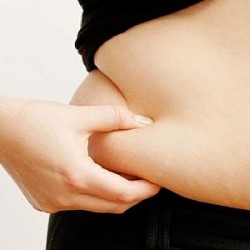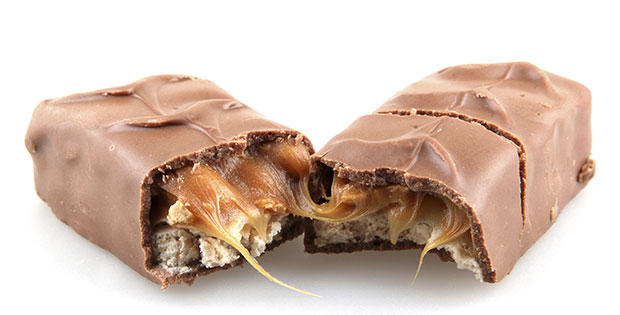50 Ways To Get Started When You Have Lots Of Weight To Lose
Losing weight is a long, bumpy road. What works for one person can be a disaster for another. That's why we're giving you 50 ways to navigate this challenge. Ready to dive in? Take a deep breath, and jump!
Understand why you want to lose weight. 2/51
Understand why you want to lose weight.
2/51
Understand why you want to lose weight.
Knowing why you want to lose weight will help guide you through those moments when you want to give up, says Heather Bainbridge, RD, nutrition care coordinator at Temple Health Bariatric at Temple University Hospital and Jeanes Hospital in Philadelphia. (Take back control of your eating—and lose weight in the process—with our 21-Day Challenge!) And your goal is more likely to resonate if you include real-world benefits, like having more energy to play with your kids or pursue new activities. "Your why is the grounding force that will push you through tough times," she says.
Believe. 3/51
Believe.
3/51
Believe.
Confidence is one of the single biggest predictors that you will be able to change, says Charles Platkin, PhD, MPH, distinguished lecturer at Hunter College and City University of New York School of Public Health. "You really need to believe in your ability to organize and execute a behavioral modification," he says. "Weight loss is a tough road, so you need to rely on the confidence that you can attain what you want."
Set a real goal.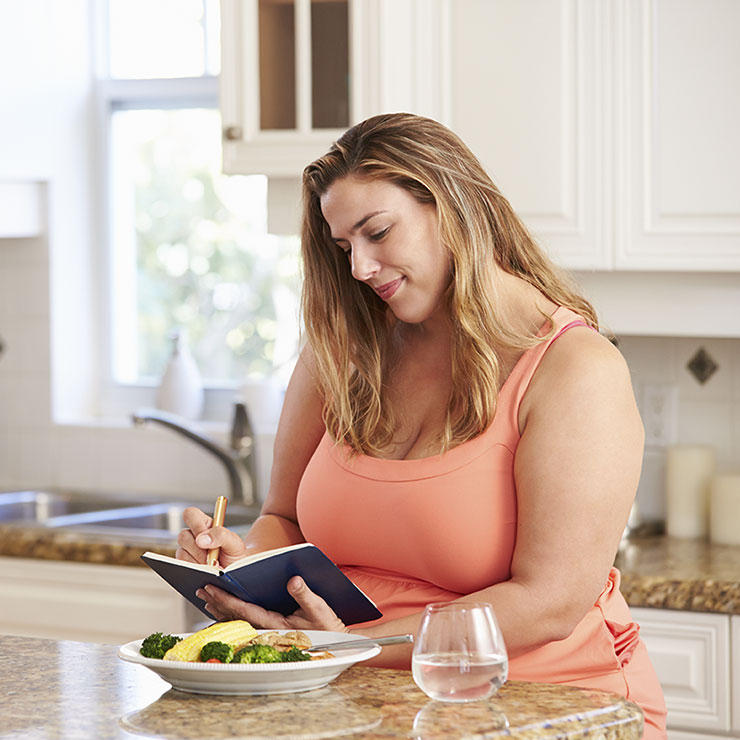 4/51
Set a real goal.
4/51
Set a real goal.
Platkin stresses the importance of planning and goal setting. "No matter what, it's something you need to take the time to write down," he says. In one study, people were 42% more likely to reach their goals when they wrote them down. Platkin recommends setting a long-term goal and outlining the steps you'll take to carry it out. Don't say, "I'm going to lose 25 pounds." Instead, pick a number you want to weigh, devise a thorough plan of attack, and figure out the best strategies for getting there. And then keep careful track of your progress.
Break your goal into bite-size chunks.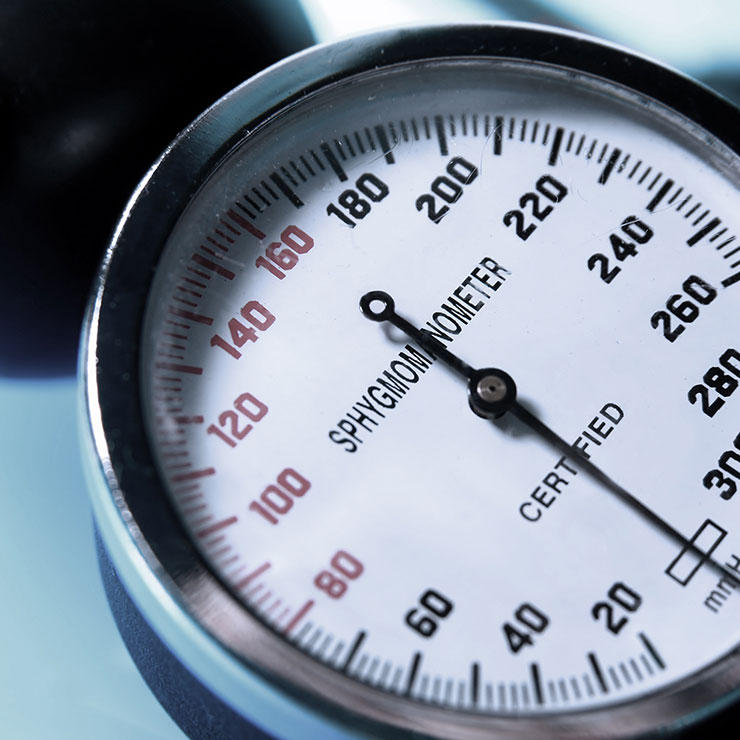 5/51
Break your goal into bite-size chunks.
5/51
Break your goal into bite-size chunks.
Set plenty of intermediate goals: "The most important thing to remember is any weight loss is good," says Louis Aronne, MD, the director of the Comprehensive Weight Control Center at Weill-Cornell Medical College and author of the forthcoming book The Change Your Biology Diet: The Proven Program for Lifelong Weight Loss. "Any weight loss will improve your cardiovascular function, reduce your risk for diabetes, and help your blood-pressure." (Try these 13 proven foods that help lower blood pressure.) If you aim to lose 80 pounds, celebrate every 10 that you manage to shed.
Channel your inner toddler. 6/51
Channel your inner toddler.
6/51
Channel your inner toddler.
"Children don't eat just because food is in front of them, nor do they eat because they're feeling stressed or bored," says Lawrence Cheskin, MD, director of the Johns Hopkins Weight Management Center at Johns Hopkins Bloomberg School of Public Health. "They'll play until they're hungry, and they won't eat if they're not hungry. Paying attention to physiological cues is something we should all try. Just ask yourself: Am I hungry right now, or am I eating because I'm stressed or for another reason that's not actually hunger?"
Dieting is for gainers: Eat in a way you can sustain for life. 7/51
Dieting is for gainers: Eat in a way you can sustain for life.
7/51
Dieting is for gainers: Eat in a way you can sustain for life.
The eating changes you make should be forever—not the next 3 months, says Platkin. Living on a juice diet, exercising 6 mornings a week before the crack of dawn, or eating only one meal a day may lead to weight loss, but you won't be able to sustain that kind of loss. (Lose up to 15 pounds WITHOUT dieting with Eat Clean to Get Lean, our 21-day clean-eating meal plan.) Platkin advises forming new patterns that make your eating and exercise habits automatic. "It shouldn't be a diet; it should be a way of life," he says. "You break a diet. You don't take a break from your life."
Pay attention.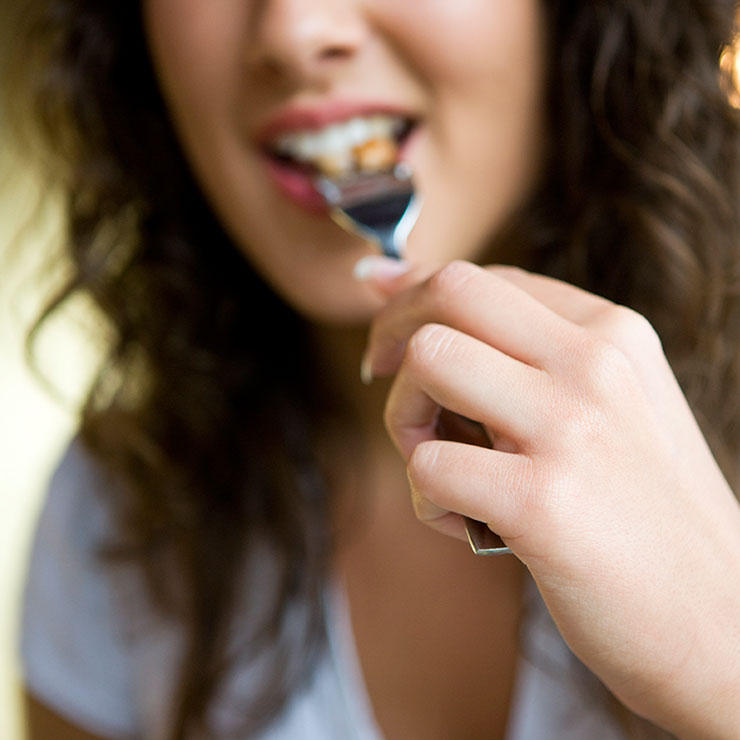 8/51
Pay attention.
8/51
Pay attention.
When you're conscious of what you eat, you'll enjoy it more while eating less, says Cheskin. If you open a bag of chips before sitting on the couch, you'll barely notice eating the whole thing. (This is what happens to your body on a food binge.) Try to eat only when you can pay attention to every bite, savor the taste—and slow down. That's good for portion control and for digestion, says Cheskin.
Ask yourself, "Am I enjoying this?"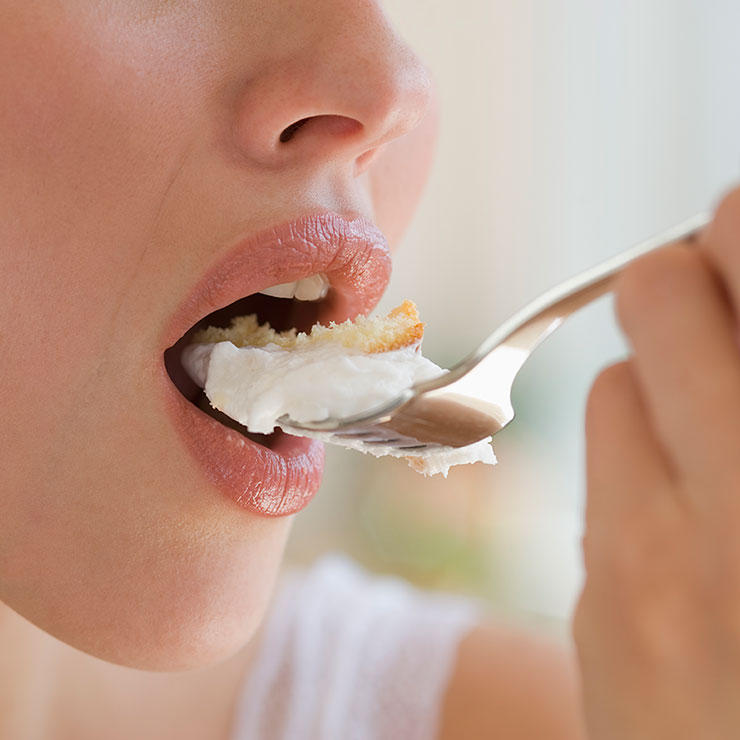 9/51
Ask yourself, "Am I enjoying this?"
9/51
Ask yourself, "Am I enjoying this?"
Food delivers a marginal return on the calorie, says Cheskin. Every additional bite gives you less return on the investment. (Here's what healthy portions actually look like for 9 popular foods.) "Eating more won't give you more pleasure, more energy, or more satiety," he says. But it will make you rounder.
Keep a food diary. 10/51
Keep a food diary.
10/51
Keep a food diary.
Log all the food you eat and you'll have the data you need and a platform to assess which habits need tweaks. Bainbridge suggests writing down what time you're eating, what you're eating, the size of the portion, and the calories listed on the package. One study found that keeping a food diary can double a person's weight loss and is one of the best predictors of weight loss. "Recording our habits is eye-opening," Bainbridge says. "You can really look back and say, 'Did I need to eat this? Could I have only had half of that? What am I now ready to change?'"
Tap technology for help.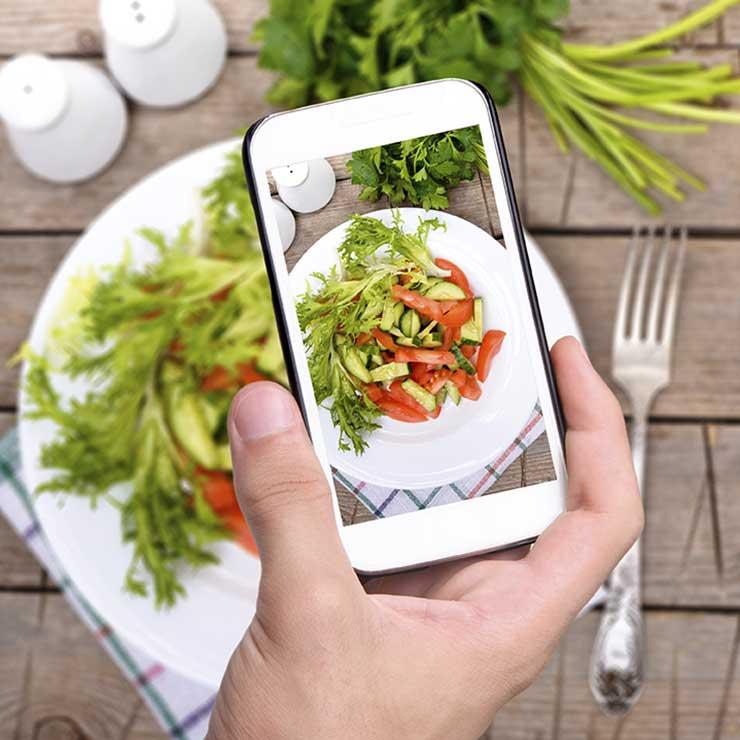 11/51
Tap technology for help.
11/51
Tap technology for help.
If you find it cumbersome to write down everything you eat, simply snap a picture of your food with your smart phone, says Platkin. All of your food. Simply taking a second look at what you're about to put in your mouth can reduce how much you eat. For a diary, try an app like Calorific, Lose It!, My Food Diary, or MyNetDiary.
Take a walk after meals.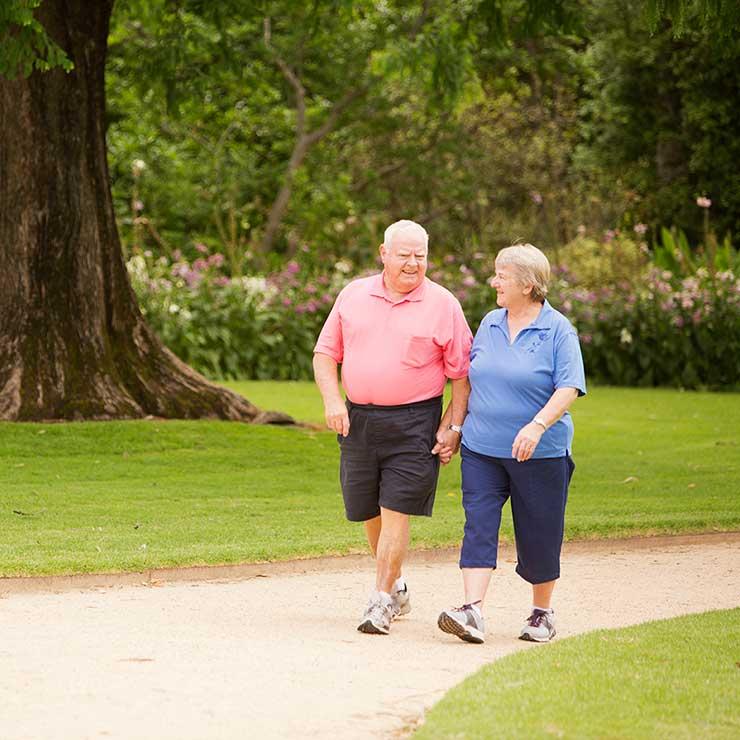 12/51
Take a walk after meals.
12/51
Take a walk after meals.
A study in Diabetes Care found that when seniors walked for just 15 minutes after each meal, they significantly lowered their blood sugar, which can help manage weight gain. (Burn calories and build muscle—all while boosting your mood—with our 21-Day Walk a Little, Lose a Lot Challenge!) While walking in the morning or the afternoon for 45 minutes certainly led to improved metabolic markers, the short post-meal stroll was significantly more effective at blocking fat storage.
Eat walnuts.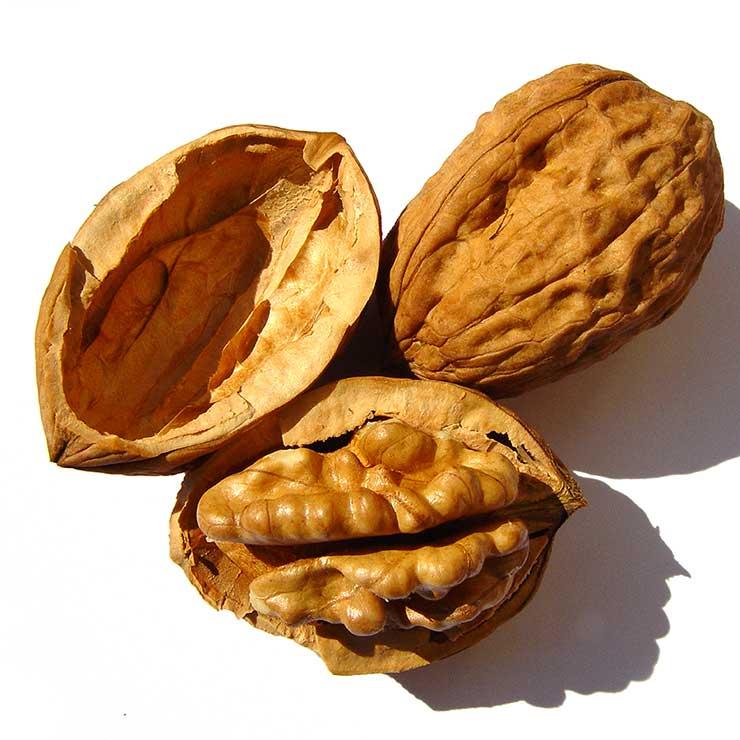 13/51
Eat walnuts.
13/51
Eat walnuts.
A 2015 study out of Yale suggests adding 2 ounces of walnuts to a daily diet for 6 months leads to less snacking and healthier choices overall. (Find loads of healthy snacks here.) Even though walnuts are high in calories, they satisfy hunger and reduce cravings.
Exercise in the AM. 14/51
Exercise in the AM.
14/51
Exercise in the AM.
Japanese researchers found that working out before breakfast triggered the body to burn fat all day. (Pick one of these walking workouts that burn fat and boost energy.) So, if you want to burn fat all day, work out before breakfast.
Lift weights.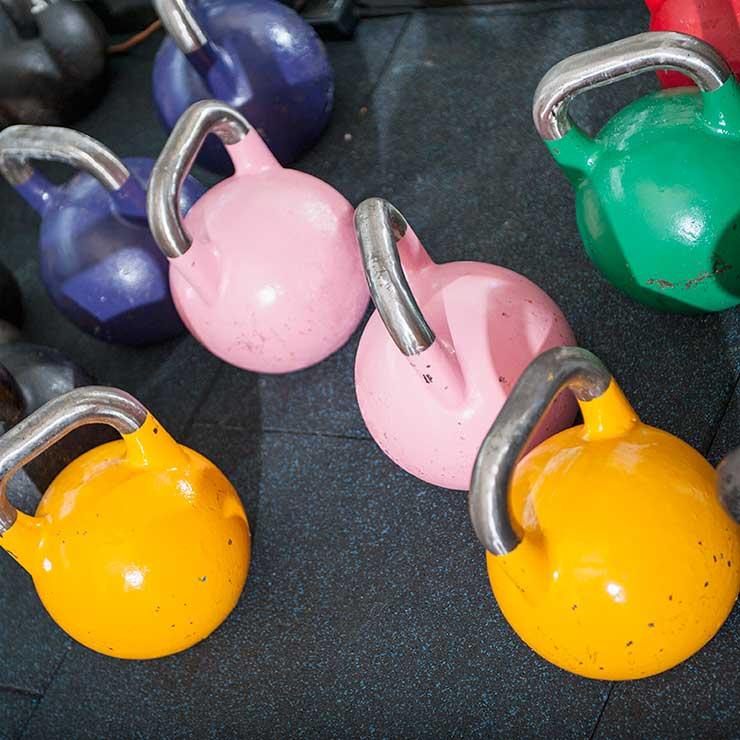 15/51
Lift weights.
15/51
Lift weights.
Finnish researchers found that when elderly women lifted weights, they could manage blood sugar much better, reducing fat storage.
Work your entire body.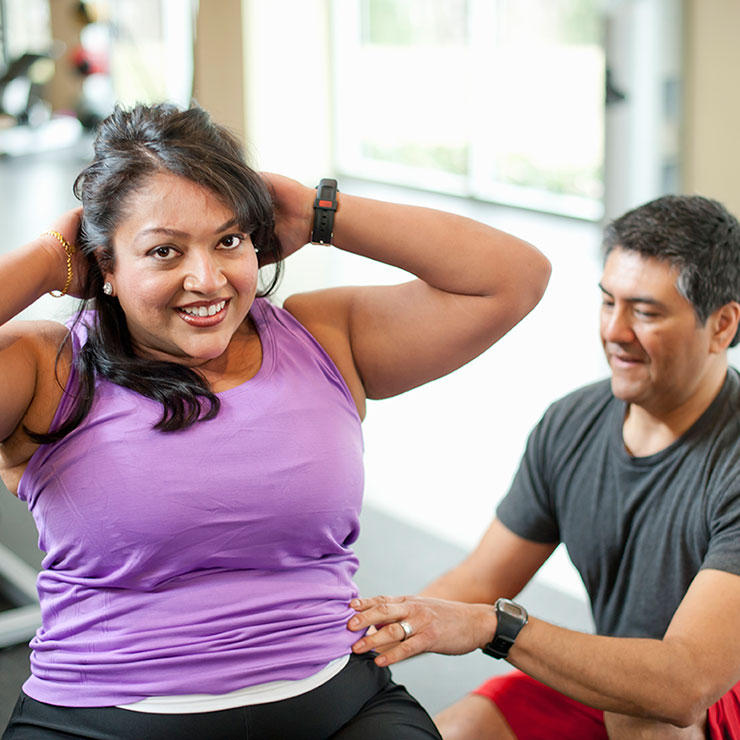 16/51
Work your entire body.
16/51
Work your entire body.
According to this study, doing a strength-training circuit of six exercises (arm curl, leg extension, seated row, leg curl, triceps extension, and leg press) three times a week for 12 weeks helped Spanish women shed belly fat.
Your treadmill needs you.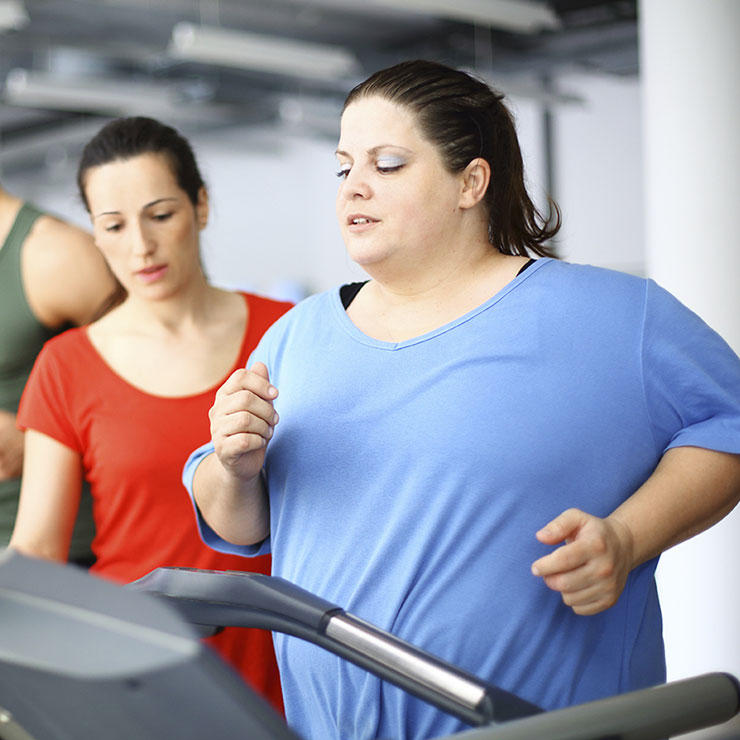 17/51
Your treadmill needs you.
17/51
Your treadmill needs you.
A Spanish study found that when postmenopausal women at risk of heart disease and type 2 diabetes started walking on a treadmill at home three times a week for 4 months, they significantly reduced fat and lost an inch off their waists. (Here's an 8-week walking plan to get you burning fat and feeling great.)
Working out is vital.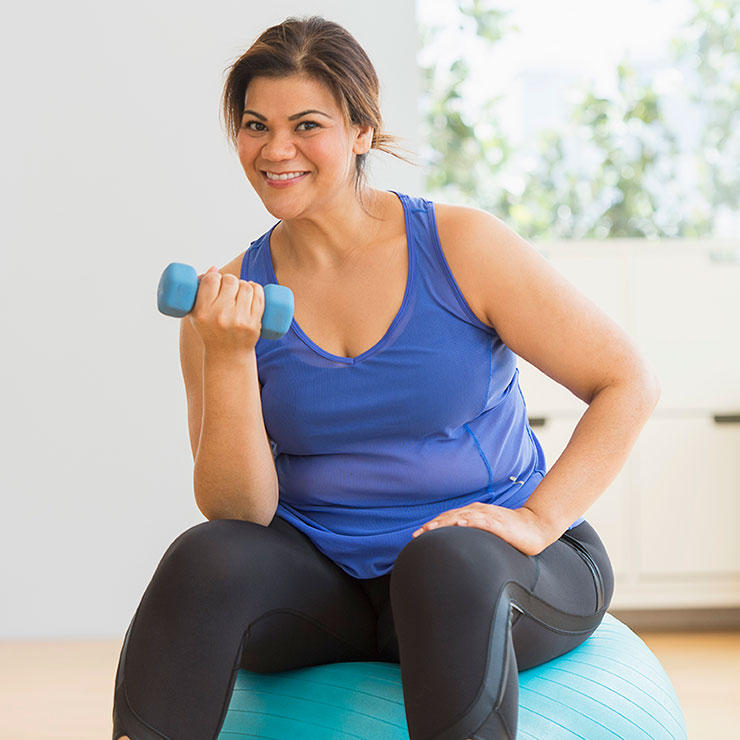 18/51
Working out is vital.
18/51
Working out is vital.
Studies show that regular exercise is crucial to keeping weight off once you have shed it, but it's also good for your self-esteem. "Physical movement makes you feel better and boosts your confidence," says Platkin. "Workouts increase the chances of reaching your weight loss goals and decrease the chances of slipping up."
However, don't expect exercise to be the entire answer.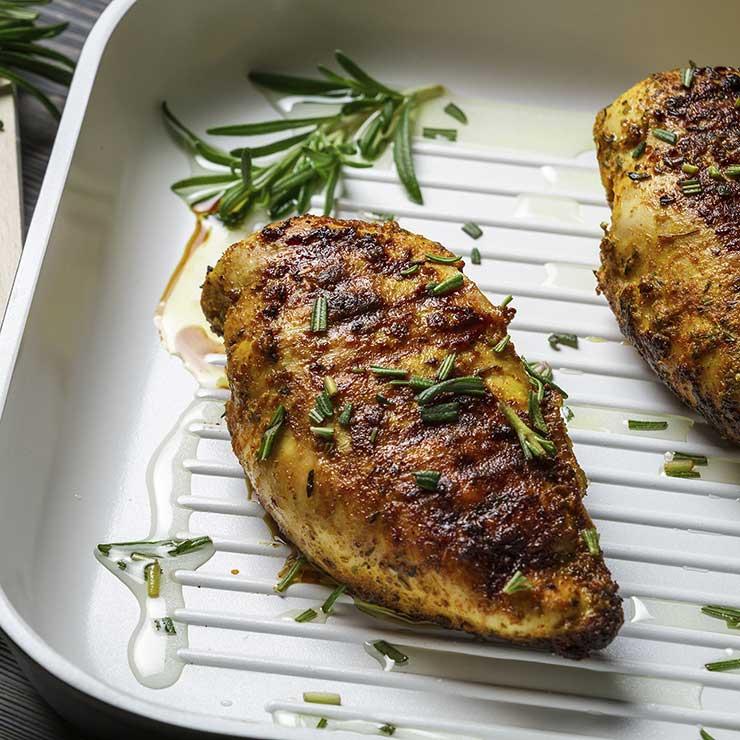 19/51
However, don't expect exercise to be the entire answer.
19/51
However, don't expect exercise to be the entire answer.
Working out is healthy for the body and the brain, plus it reduces stress—which we all know can spur eating. "But physical movement is better for keeping weight in control than it is for losing weight," says Cheskin. "In 60 seconds, you can eat what it would take 60 minutes at the gym to burn off." The takeaway: You can't out-train a bad diet.
Feed your healthy gut bugs.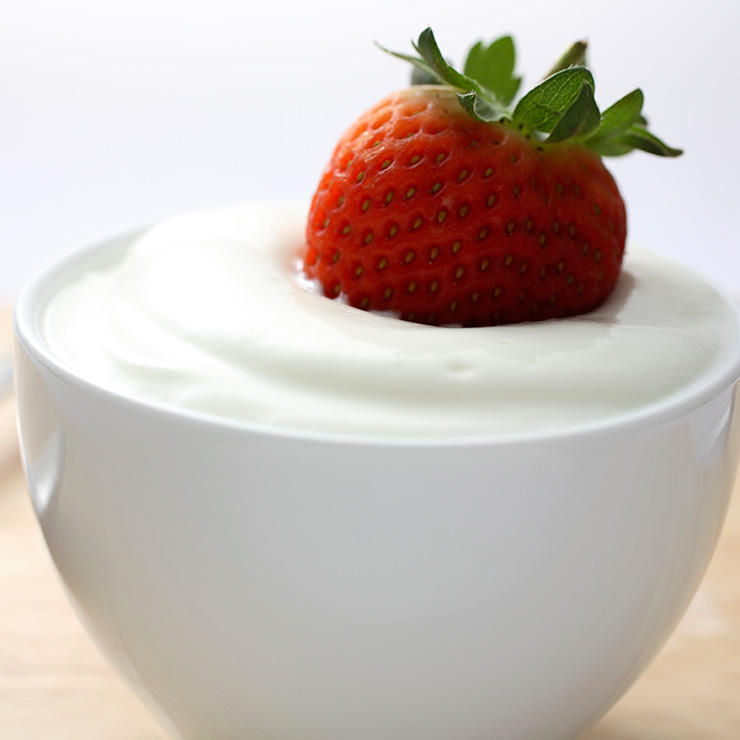 20/51
Feed your healthy gut bugs.
20/51
Feed your healthy gut bugs.
A New England Journal of Medicine study of 120,000 nurses over 35 years found that women who regularly consumed yogurt easily lost weight and didn't suffer the weight gain typical with aging. Why? The probiotics in live-culture yogurt help facilitate weight loss by providing nourishment to healthy gut bacteria. If you can't tolerate dairy, try fermented vegetables or a probiotic supplement.
Eat protein for breakfast.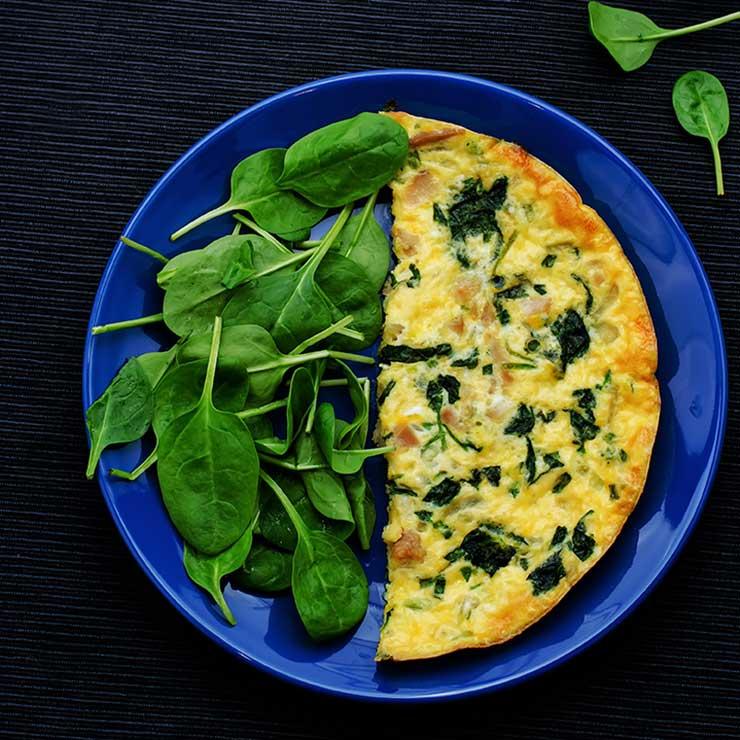 21/51
Eat protein for breakfast.
21/51
Eat protein for breakfast.
A study in the Journal of American Clinical Nutrition found that a high-protein breakfast made people feel more satisfied and fuller for a longer time than a high-carbohydrate breakfast did.
Don't forget protein at lunch or dinner.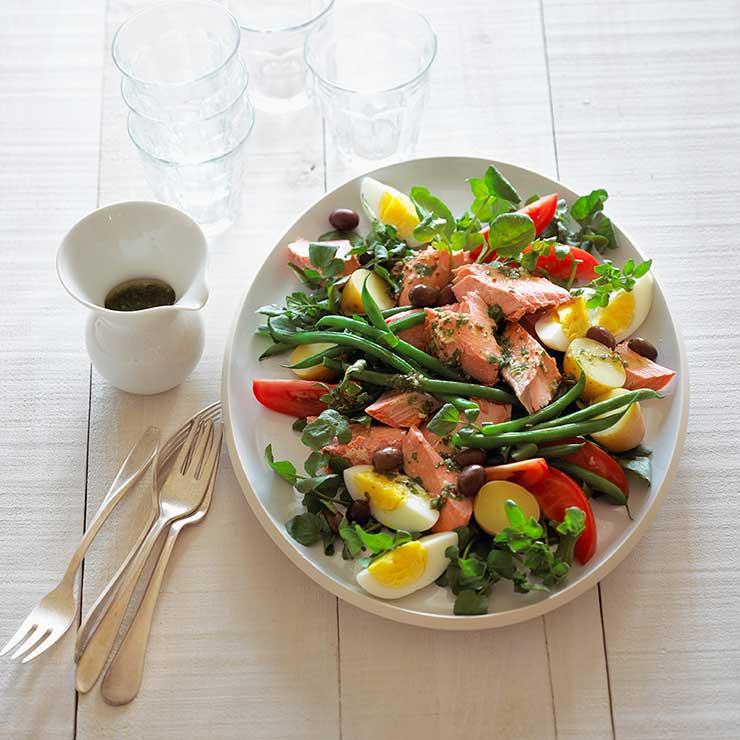 22/51
Don't forget protein at lunch or dinner.
22/51
Don't forget protein at lunch or dinner.
Try spreading your protein intake throughout the day—it's better for your metabolism and will help you feel full for a longer period of time, according to a study in the Journal of Nutrition. Put chicken or turkey in your salad at lunch, and have a palm-size piece of meat at dinner.
Eat strategically.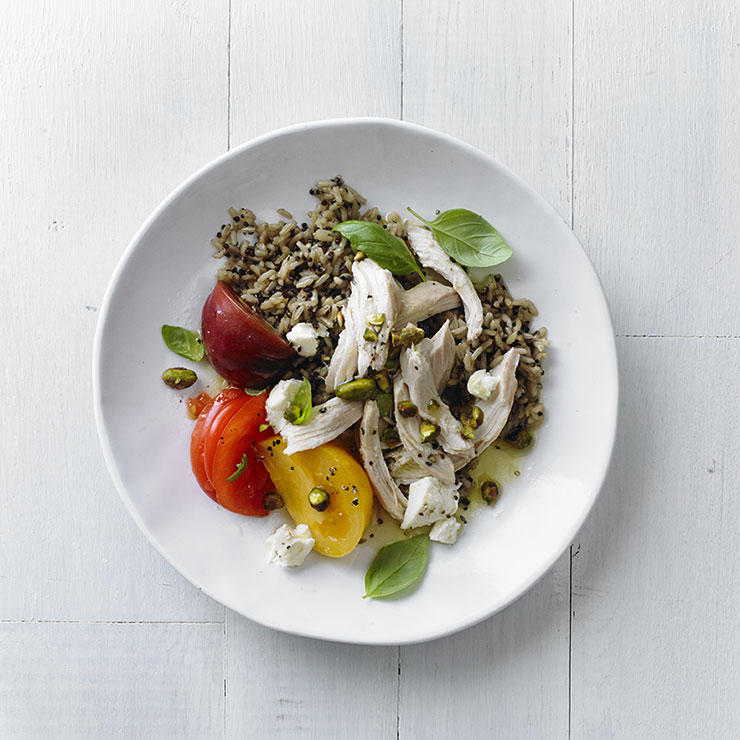 23/51
Eat strategically.
23/51
Eat strategically.
"The order you eat your food matters much more than you'd suspect," says Aronne. His advice: Eat produce and protein before you eat carbs. He and his research team recently published a paper in Diabetes Care that found blood glucose levels were 36% lower an hour after eating when people followed this pattern. Plan your meals accordingly.
Choose al dente carbs.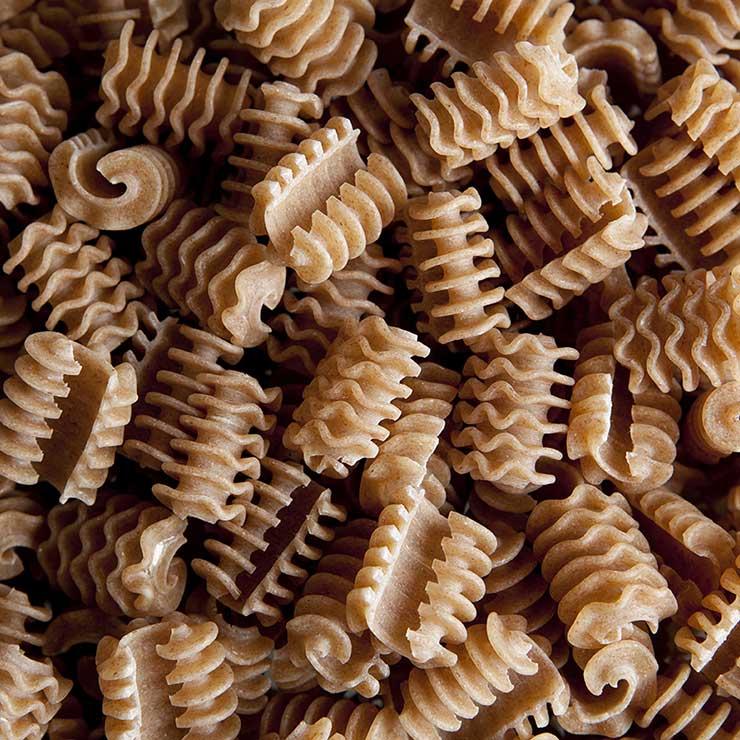 24/51
Choose al dente carbs.
24/51
Choose al dente carbs.
When you prepare high-carbohydrate foods like pasta or rice, cook them slightly underdone. "This will slow down absorption into the body," says Aronne. "You won't have the blood-sugar spikes, which means you'll feel full longer."
Understand food labels.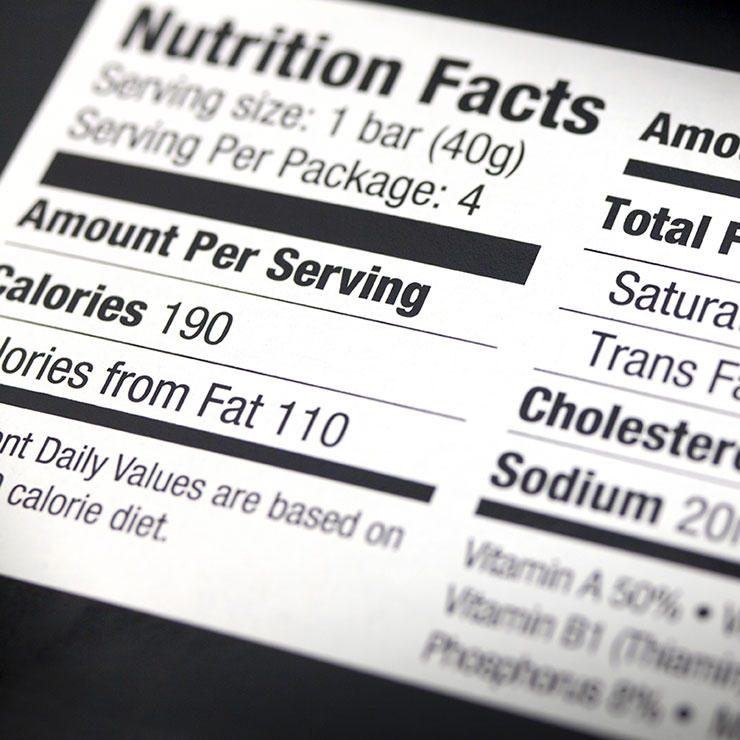 25/51
Understand food labels.
25/51
Understand food labels.
"You need to look at serving size versus container size," says Cheskin. (Check out everything you need to know about food labels here.) For example, a 20-ounce bottle of Coca-Cola contains 2.5 servings. "Stick to the serving size when you snack rather than eating the whole package, and you'll be a lot better off."
The kitchen closes after dinner.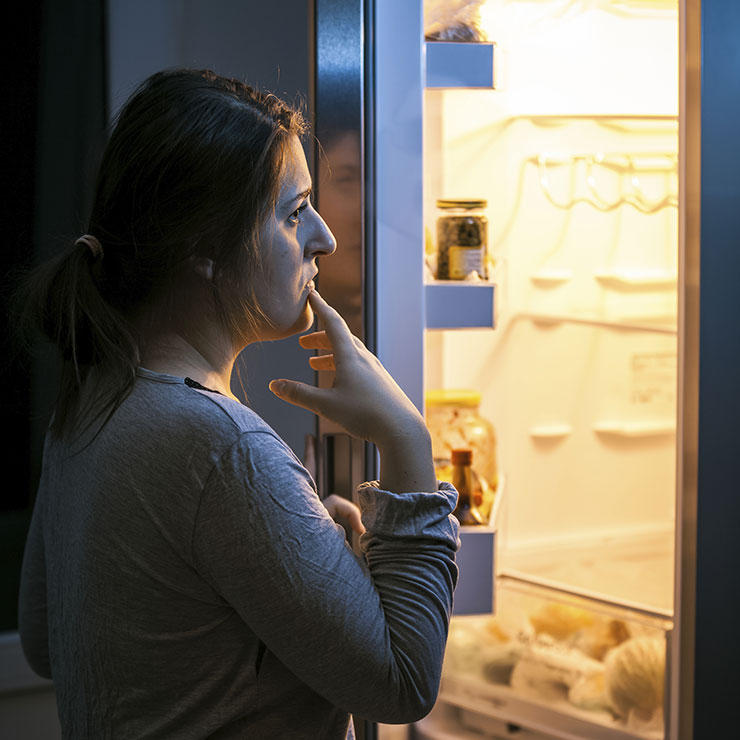 26/51
The kitchen closes after dinner.
26/51
The kitchen closes after dinner.
After a long day of making decisions, your brain is whipped by nighttime. That's when you're likely to sabotage your weight loss efforts with poor food choices. "Snacking after dinner is a problem," says Aronne. "In general, we should try not to eat after dinner and just aim for a good night's sleep." A study in the American Journal of Clinical Nutrition found that late-night eating often leads to weight gain. In fact, the nighttime eaters gained nearly 14 pounds in the study.
Brown bag it.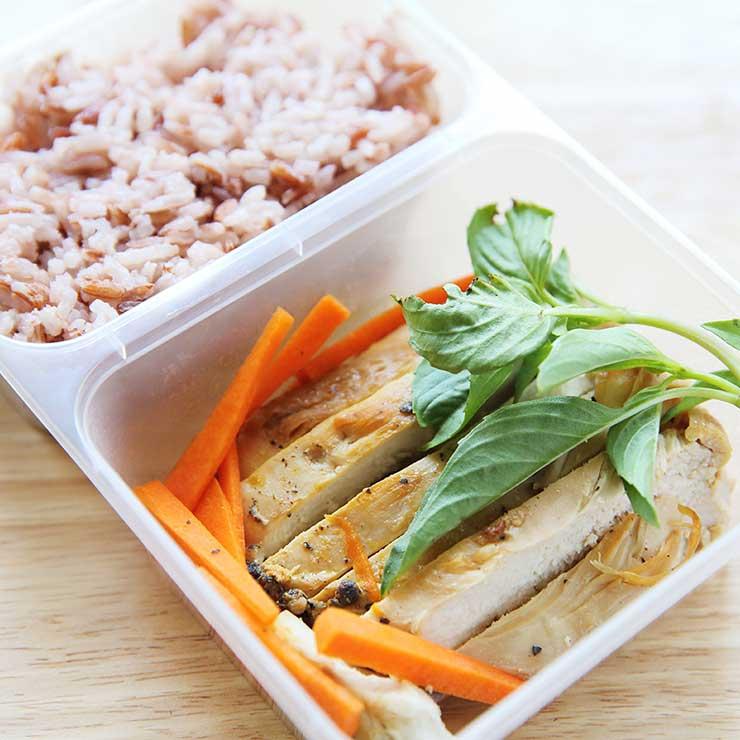 27/51
Brown bag it.
27/51
Brown bag it.
Bringing lunch (like one of these quick lunch recipes) means you're in control, says Platkin. In a year-long study published in the Journal of the Academy of Nutrition and Dietics, overweight women who went out to lunch weekly gained, on average, 5 pounds more than those who ate out less frequently.
Stop skipping meals.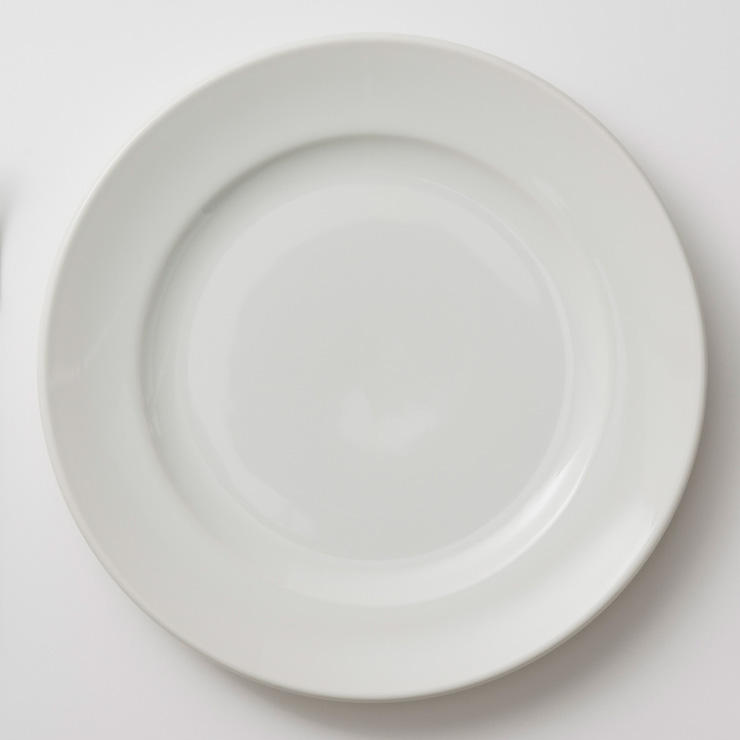 28/51
Stop skipping meals.
28/51
Stop skipping meals.
While it seems that not eating would equal fewer calories, the opposite is true. The Journal of the Academy of Nutrition and Dietetics study found that dieting women who skipped meals lost, on average, 8 fewer pounds than women who ate consistently. "When you skip meals, the body goes into starvation mode," says Aronne. "It not only holds on to fat, it primes the brain to seek out high-calorie foods to protect itself."
Purchase snack-size baggies.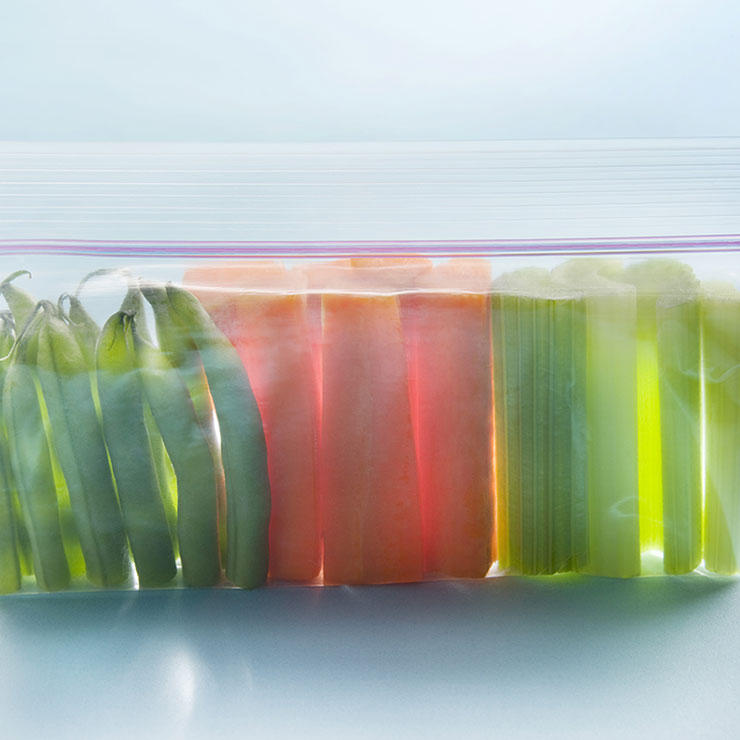 29/51
Purchase snack-size baggies.
29/51
Purchase snack-size baggies.
If impulse control is a problem when you open a bag of snacks, try portioning out single-serving containers, suggests Bainbridge. That way when you reach for a snack, you won't overdo it or suffer a setback.
Take a long hard look at yourself. 30/51
Take a long hard look at yourself.
30/51
Take a long hard look at yourself.
When Lawrence Cheskin sees patients in his clinic, he asks them to look at their lifestyle, their habits, and their history of weight loss. He encourages them to consider their happiness, relationship to food, stress, and patterns of eating. (Here are 8 helpful tips from nutritionists that you should know.) "It's important to understand what works for you," he says. "Weight loss is a very individual thing, and only you know exactly what's happened that caused success and failure in the past."
Read the menu before reservation time. 31/51
Read the menu before reservation time.
31/51
Read the menu before reservation time.
Platkin recommends keeping roughly 10 menus for nearby restaurants, and pick three or four healthy options from each menu. That way when you arrive, you won't browse and be drawn in by, say, the blooming onion.
Cut stress, sleep more. 32/51
Cut stress, sleep more.
32/51
Cut stress, sleep more.
A study published in the International Journal of Obesity found that people aiming to lose 10 pounds found the greatest success when they reduced stress and slept 6 to 8 hours a night. And a separate study found that lack of sleep did in fact lead to weight gain.
Keep candy at a distance of 6 feet.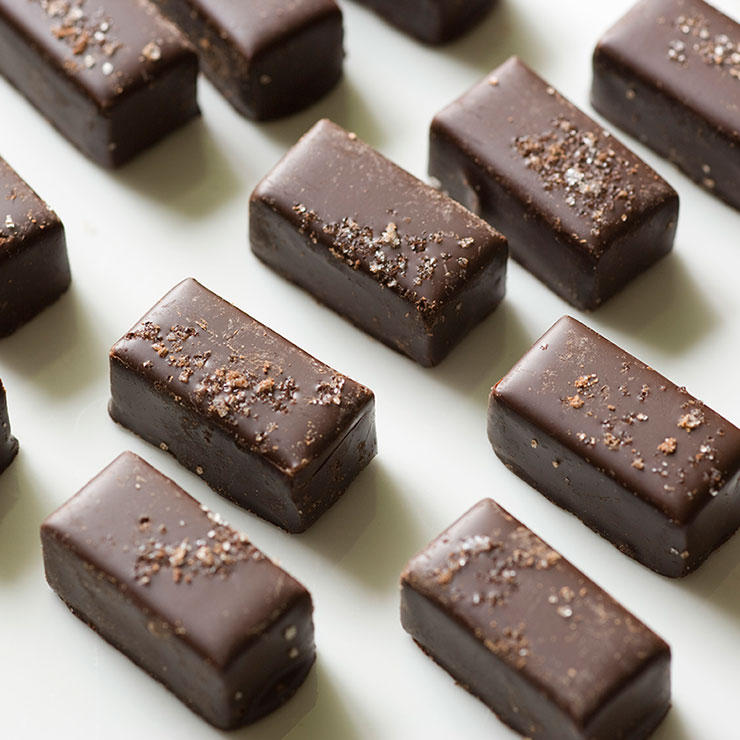 33/51
Keep candy at a distance of 6 feet.
33/51
Keep candy at a distance of 6 feet.
A study in the International Journal of Obesity found that workers ate much more chocolate when it was visible and within reach, as opposed to just 6 feet away. What's more, the workers underestimated how much candy (aka sugar) they ate when it was right next to them, but they overestimated how much they ate when they had to walk to the candy bowl. "Removing yourself from the vicinity of temptation will help tremendously," says Bainbridge.
Cook your own food.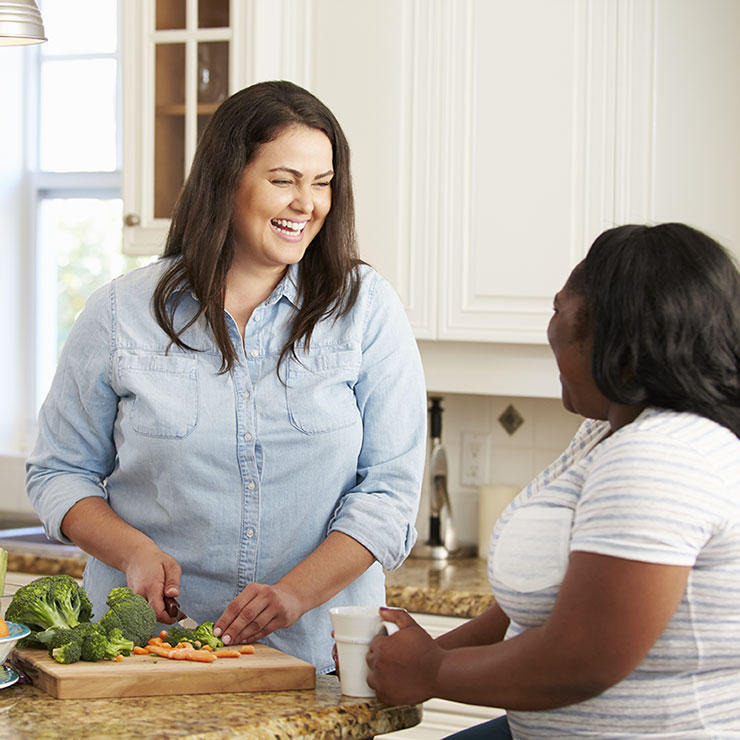 34/51
Cook your own food.
34/51
Cook your own food.
Packaged foods are designed for a long shelf life, so they're highly processed, offer little nutrition, and are chock full of empty calories, says Aronne. Try making your own meals using fresh ingredients—you'll soon find easy, fast, and healthy recipes that far surpass any packaged pre-made meals you can buy.
Liquid calories are trouble.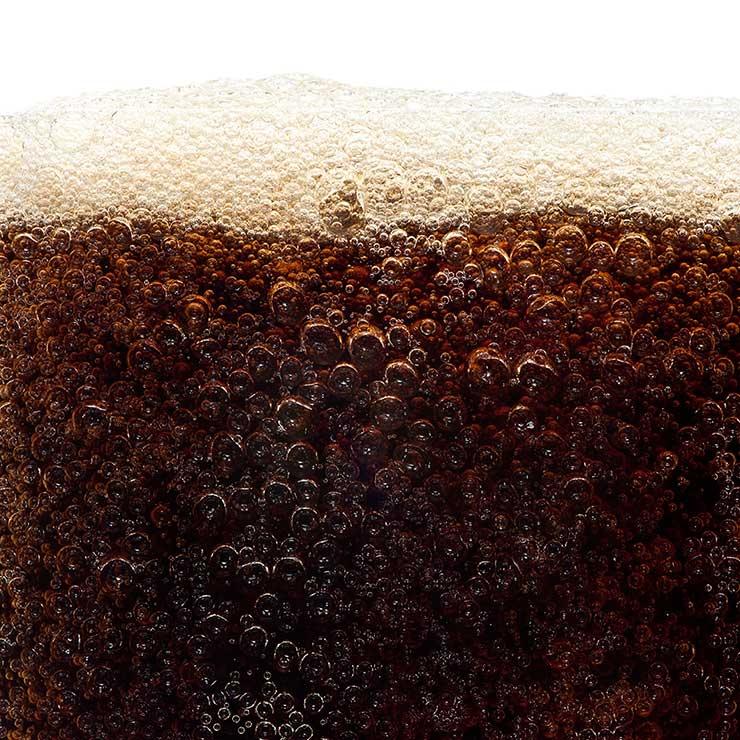 35/51
Liquid calories are trouble.
35/51
Liquid calories are trouble.
Twenty minutes after eating, you'll feel full. But sweet drinks and alcohol are loaded with calories, and they'll sail right past your hunger sensors. (This is what happens when you stop drinking alcohol.) Aronne recommends his patients avoid caloric drinks altogether. If water is too blah, try squeezing lemon or lime into seltzer.
Vet your pantry.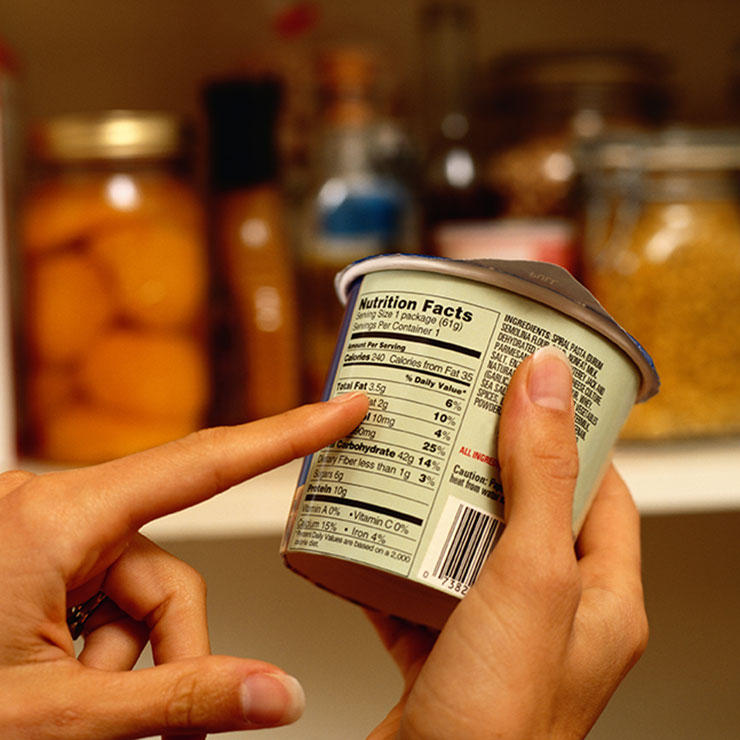 36/51
Vet your pantry.
36/51
Vet your pantry.
"We're creatures of habit, so we gravitate to the same places over and over," says Platkin. That holds true for restaurants, coffee shops, and the cupboard in your kitchen. If you keep cookies, chips, or candy in a place you frequent—like your pantry—you'll need to clean it out and restock it with healthier options. "It's too tough to change our habits completely. You can go to the same places, just change what's available there."
Step away from the juicer.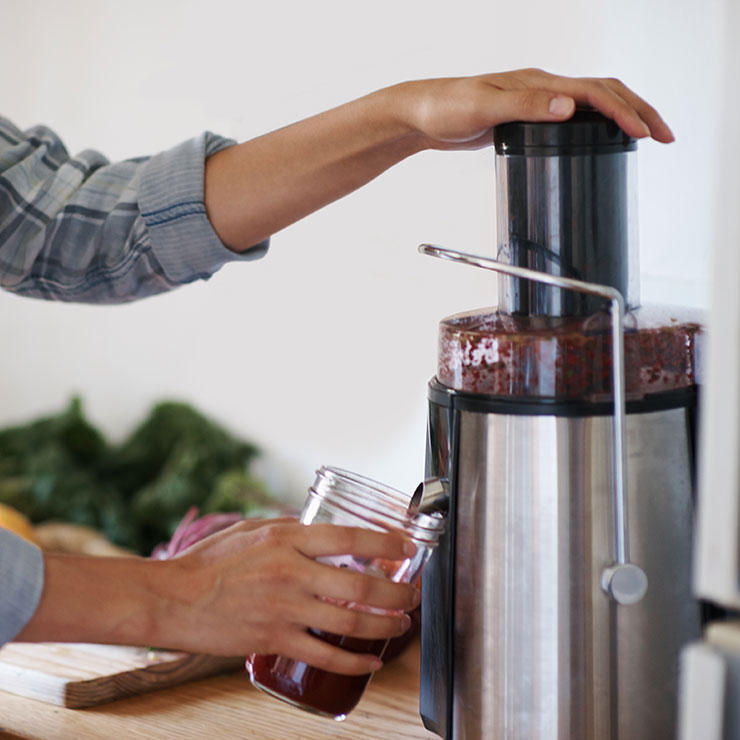 37/51
Step away from the juicer.
37/51
Step away from the juicer.
Breakfast shouldn't be skipped (and replaced with juice) when you're trying to lose weight. "If you juice a bunch of fruits for breakfast or make a banana smoothie, you're really consuming a lot of carbs and sugar," says Aronne. "You experience a fructose surge that feels good but leaves you very hungry." Stick to a breakfast with protein and some fat, like eggs or yogurt.
Look for support.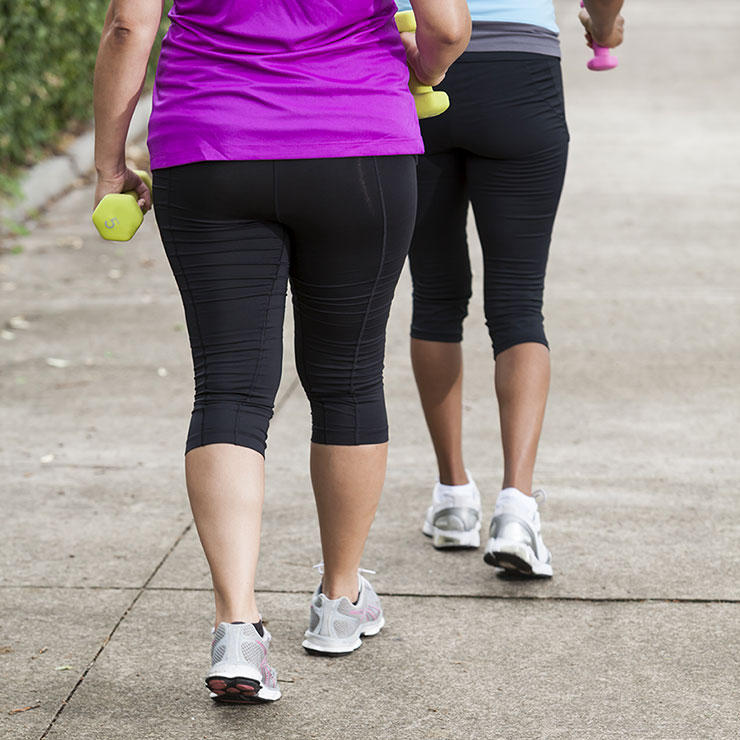 38/51
Look for support.
38/51
Look for support.
In one study, 95% of participants completed a 4-month weight loss program—and 66% maintained the weight loss—when they dieted with a buddy. "It's crucial to have a network of people to encourage you and to listen when you're struggling," says Brainbridge.
Fill up before you face the doughnuts.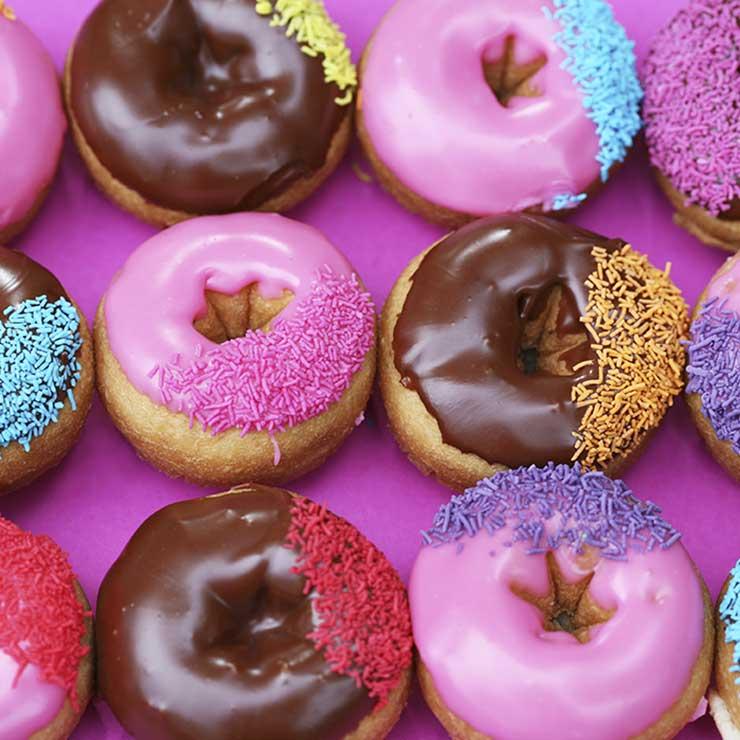 39/51
Fill up before you face the doughnuts.
39/51
Fill up before you face the doughnuts.
Eating something healthy prior to facing temptation—the break room cookies and doughnuts, the party with all the fatty appetizers—will help you resist. "If you plan ahead so you don't face temptation while you're hungry, you'll have a much easier time staying disciplined," says Platkin.
Combine proteins and carbs for snacks.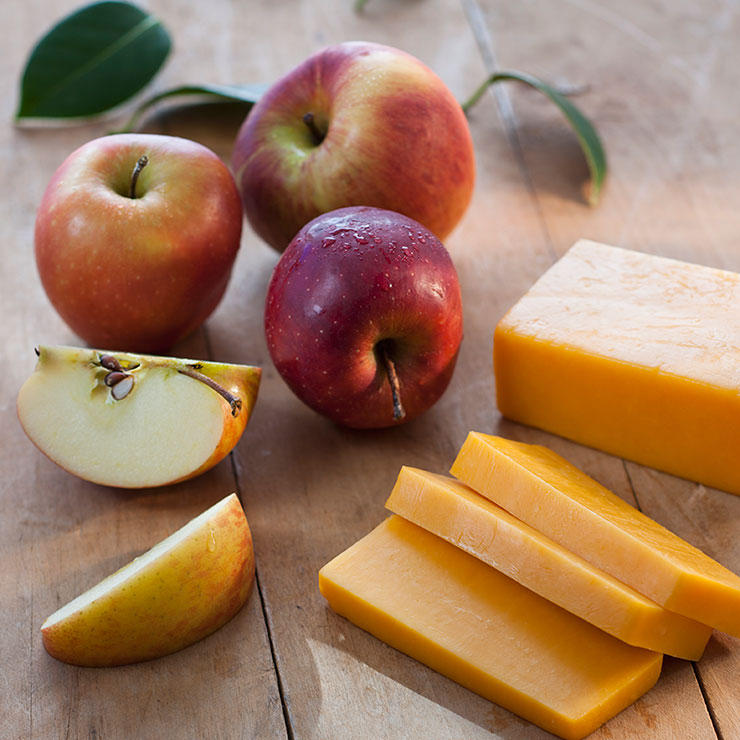 40/51
Combine proteins and carbs for snacks.
40/51
Combine proteins and carbs for snacks.
Bainbridge recommends healthy carbohydrates and proteins, like cheese and an apple or yogurt and nuts. The carbohydrate quickly tamps down ghrelin, the hunger hormone (here are 4 ways hormones effect weight loss), and the protein keeps ghrelin down, so you'll feel full until your next meal.
Enlist your family.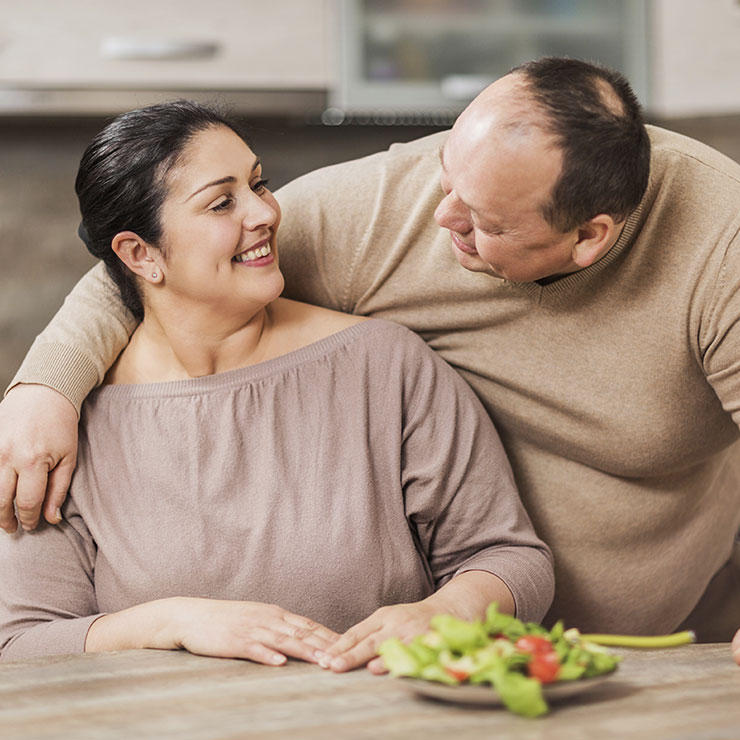 41/51
Enlist your family.
41/51
Enlist your family.
You're about to embark on a major project, and you will need the help of those closest to you. If your kids and your spouse love junk food, plan with them how they can store it and eat it away from you, says Platkin. Also, plan with your family how to make meals healthier.
Anticipate setbacks.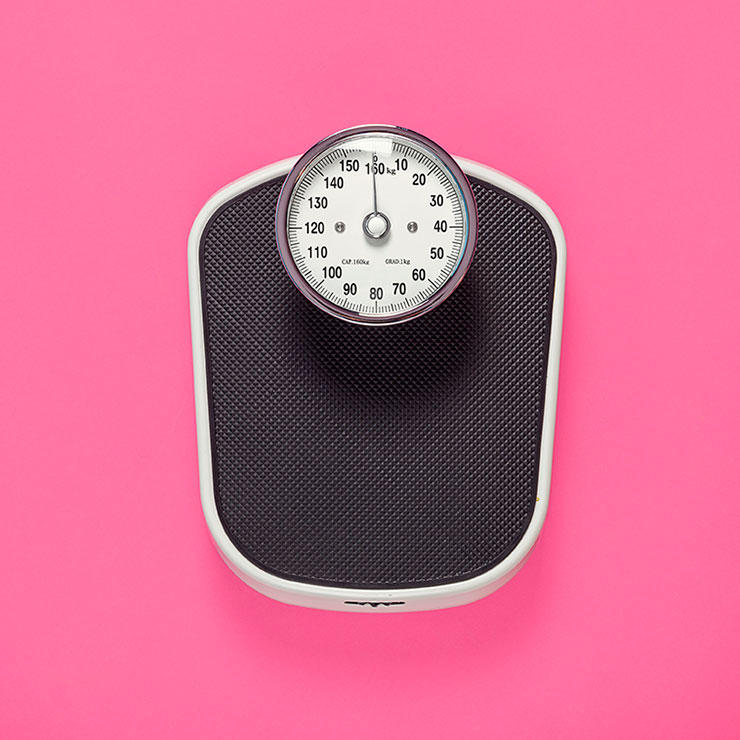 42/51
Anticipate setbacks.
42/51
Anticipate setbacks.
There will be weeks when you don't lose any weight. There will be weeks when you gain. "You will reach a plateau as your body continues to adjust and adapt to the change," says Platkin. "This is normal. This is OK." If you expect this to happen, you'll be better able to stay on track. Forget what the needle says today: Focus on your long-term goals.
Eat more.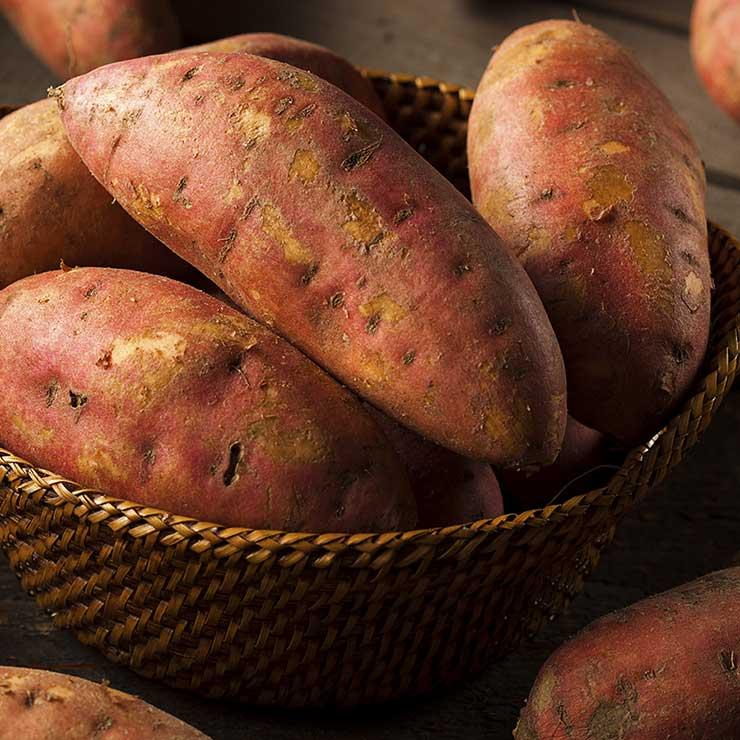 43/51
Eat more.
43/51
Eat more.
Yes, that sounds crazy, but denying yourself a food will only make you crave it more. Studies show that overweight people who add healthy fiber from leafy greens, beans, and sweet potatoes ended up reducing their calorie intake by 18% and lost over 5 pounds in a few months. So instead of depriving yourself, add in healthy foods first and your desire for junk will decrease.
Choose the right starch.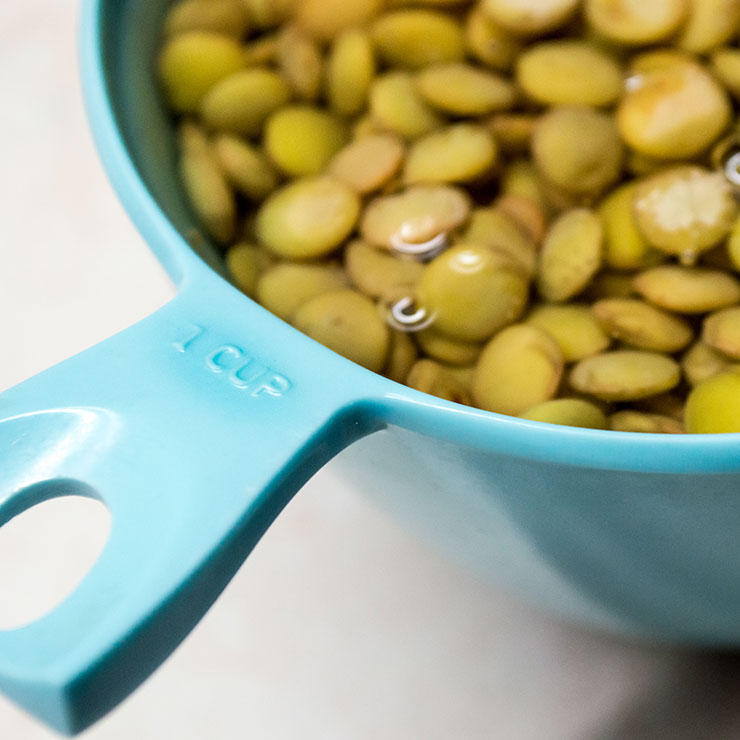 44/51
Choose the right starch.
44/51
Choose the right starch.
Throwing an under-ripe banana into a smoothie, eating cold potatoes, or putting a cup of lentils in your soup will add so-called resistant starch to a meal. This special starch is a type of fiber the body can't convert to calories. Research suggests that resistant starch reduces belly fat, makes you feel full, improves insulin function, and helps lower the risk of diabetes.
Spice up your life.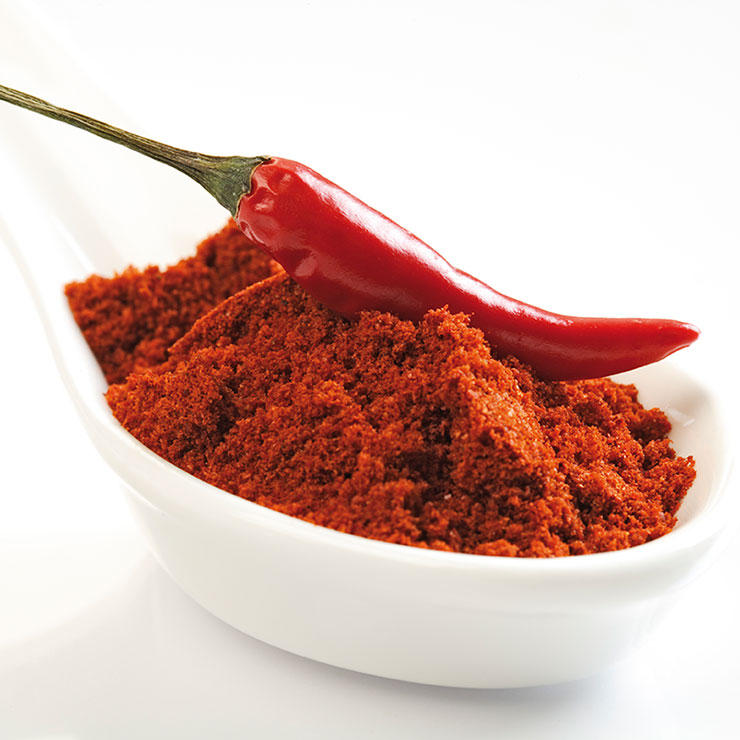 45/51
Spice up your life.
45/51
Spice up your life.
Capsaicin, a compound found in hot peppers like cayenne, helps boost metabolism, and that will help burn calories (and also help with asthma). Studies also suggest hot spice in food can tamp down your appetite.
Sip some green tea. 46/51
Sip some green tea.
46/51
Sip some green tea.
Like chilies, green tea helps you feel satisfied and sates appetite. Plus, it keeps you hydrated and alert. One study found that obese study participants who did nothing but add green tea to their diets lost an additional 11 pounds, compared with a control group, after just 8 weeks—plus they burned 183 more calories per day. The researchers suspect that green tea helps boost metabolism and burn fat throughout the day.
Don't clean your plate.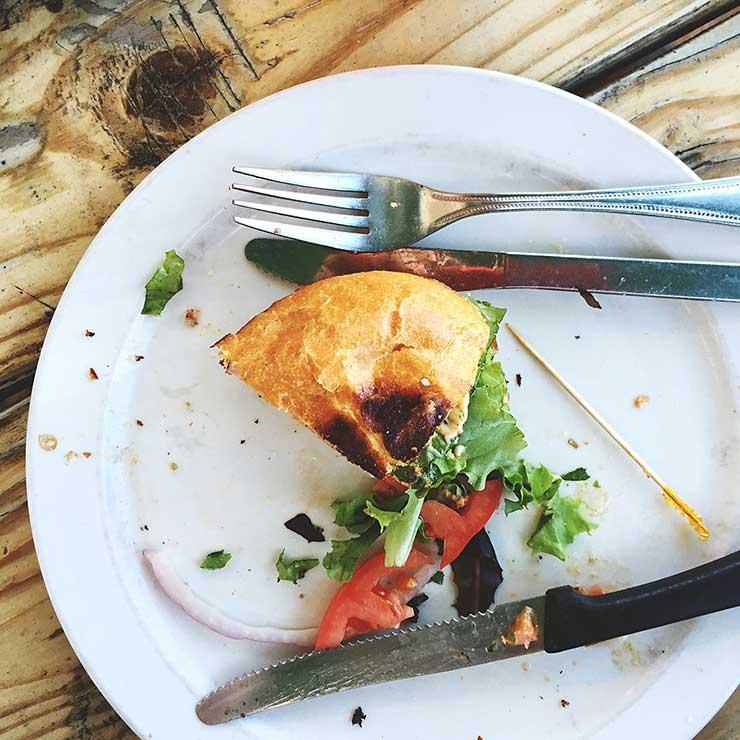 47/51
Don't clean your plate.
47/51
Don't clean your plate.
Many of us grew up learning not to waste food. "That's a difficult thing to forget," says Bainbridge. "But it doesn't mean you need to be the family garbage disposal when your kids don't finish their dinner." If tossing out food is anathema to you, wrap it up and put it away, she suggests. "Tell yourself you'll have it tomorrow. When tomorrow comes and you take it out, chances are it will be unappetizing and you won't want it," she says.
Sip between every bite. 48/51
Sip between every bite.
48/51
Sip between every bite.
Bainbridge suggests slowing everything down so your body has time to feel satisfied. You can put your fork down and count your chews—which some research suggests helps shed pounds. Or take a sip of water (or wine) every few bites.
Back away from the table.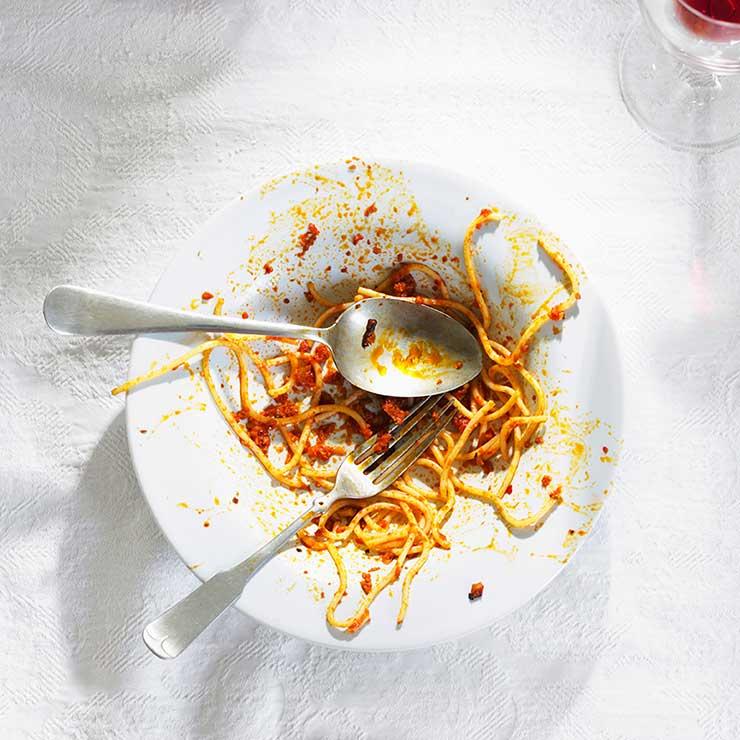 49/51
Back away from the table.
49/51
Back away from the table.
Finished your serving? Get up and go refill your glass. Throw your napkin over the plate. Push your chair back and engage in conversation. Fullness will set in—just wait and watch.
Choose fun that isn't food-based. 50/51
Choose fun that isn't food-based.
50/51
Choose fun that isn't food-based.
If you like baking, trivia at the pub with grub in front of you, or dinner out with friends, try to find new activities minus the food, suggests Bainbridge. "If you find something that keeps you busy, like knitting, bird-watching, walking, or talking to friends on the phone, you'll find that you can engage in something and not need to eat," she says.
Take a break.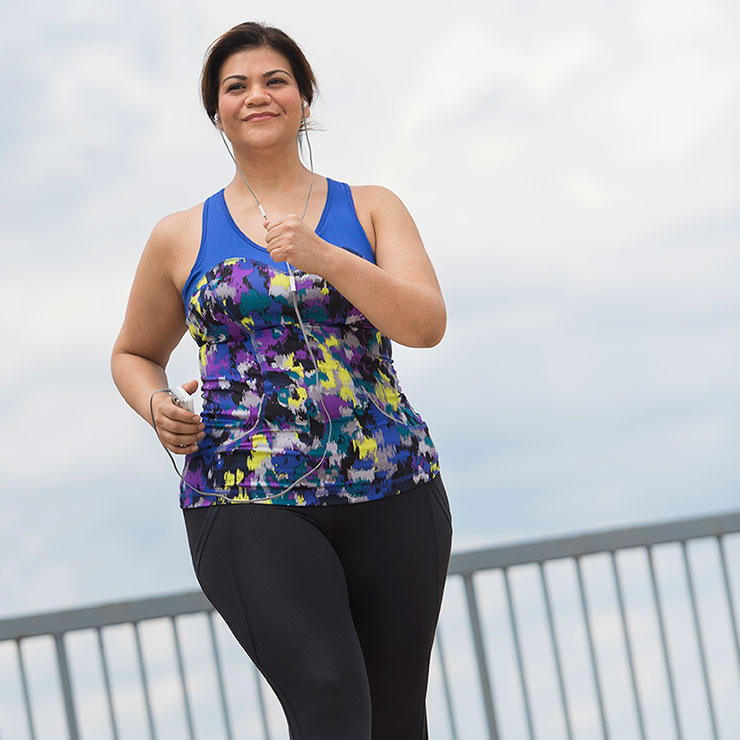 51/51
Take a break.
51/51
Take a break.
Food is a great distraction, especially junk food. (This is what happens to your body on junk food.) Sometimes instead of taking a break, we reach for candy or something sweet and comforting. Heather Bainbridge asks her clients to take a break from work, go for a walk, and ask yourself, do you really need the convenience food or do you just need a break? "More often than not, they just need a break. They don't need the food, and they perform better both at work and on their weight loss plan."
-
9 Slimming Food Swaps To Prevent Summer Weight Gain
Its hard to enjoy a summer excursion without being bombarded by high-c
-
How to Accelerate Weight Loss Naturally
It can be very difficult for someone to be patient over a long period
-
Can Water Make You Lose Weight?
Here is a hint, water is critical to losing . However, the amou
-
The Paleo Diet - Is It Something You Should Try To Lose Weight?
The Paleo diet isnt a new diet. In fact its been in existence for a
-
The Easy Way This Woman Was Able To Lose 13 Pounds And 7 Inches Off Her Belly In Just One Month
When Paula Derrow went from working full-time in an office to freelanc
-
Healthy Ways To Lose Weight And Keep It Off
With all the information out there, weight loss can be overwhelmi
- DON'T MISS
- 7 Painless Ways to Lose Weight
- This Woman Is Inspiring Everyone With Her 100 Pound Weight Loss. Here’s What She Recommends
- Easy Fat Loss Diets-myth Or Reality
- What You Need To Know To Lose Weight
- 7 Reasons Your Diets Not Working
- How to Lose 50 Pounds
- Weight Loss Tip #84 – Get rid of flabby arms with this exercise
- What Celebrity Chefs Dont Want You To Know
- Detox Diets For a Healthier Lifestyle
- 10 Healthy Diet Tips From Models That Work

